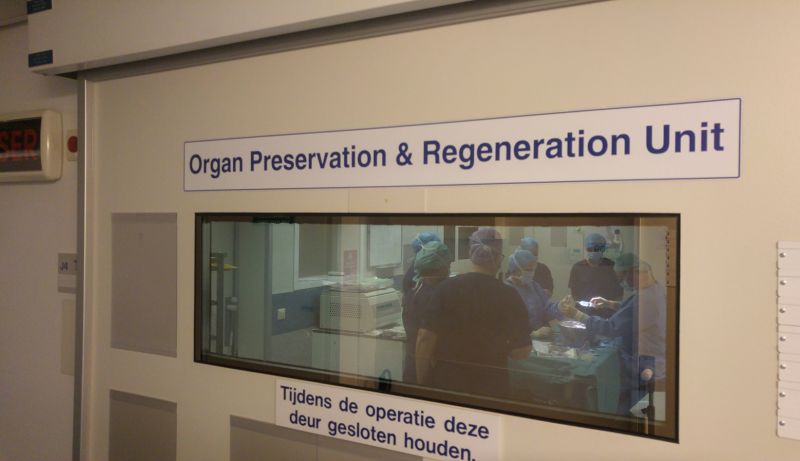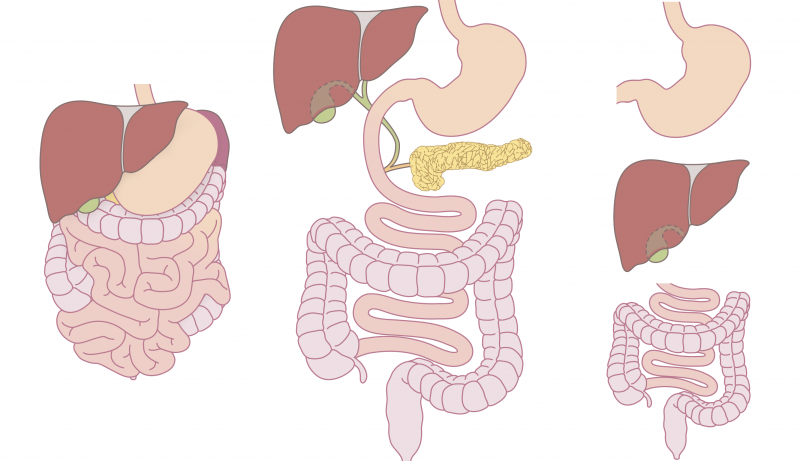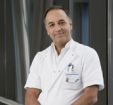Cell therapy for inflammatory bowel disease
The current focus is on research evaluating the functional and clinical impact of mesenchymal stromal cells (MSC) in various forms of inflammatory bowel disease (IBD). LUMC was one of the first centres world-wide to test the safety of MSC therapy in Crohn’s disease. This study was followed by a phase I/II clinical trial for the treatment of Crohn’s disease associated perianal fistulas. In these patients, an extra tunnel between the bowel and the skin surrounding the anus is formed leading to severe discomfort. The pioneering work using MSC for IBD has placed LUMC in a leading role in this area.

MSC therapy for refractory proctitis and liver fibrosis
To better understand the mechanisms of action of MSC in IBD several animal models have been set up. These will serve as a basis to optimise MSC product development and therapy. New clinical trials will be started shortly to study the effect of MSC in IBD, more specifically in patients suffering from refractory proctitis.
Basic liver research at LUMC resulted in the establishment of novel fibrosis models to study the effects of MSC on fibrogenesis. This has formed the basis for future work in which MSC could be used to reduce liver fibrosis either given systemically to the patients or using machine perfusion techniques right before liver transplantation. LUMC foresees clinical studies in the liver transplantation setting with a focus on prevention of injury inflicted on the donor liver to be transplanted due to storage and transport of the organ. This will mainly be by multicentre studies –already running or now starting- related to oxygenated machine perfusion of donor livers. These studies will take place in the state-of-the-art Organ Preservation and Regeneration unit. We aim to increase the use of now discarded grafts and improve function of marginal grafts. More focus on the bioartificial liver and auxiliary liver transplantation is anticipated in the future.

The digestive tract in health and disease
The digestive tract is involved in breaking food down into small components that can ultimately be used as “fuel” by the body. It consists of muscular tubes and organs in which food enters the mouth and exits at the anus with the stomach and the intestines being the major digestive organs. The liver and pancreas are the major accessory digestive glands that provide the digestive tract with enzymes for further food degradation. The intestines are divided in the small bowels that have a length of 3-5 meters and are mainly involved in nutrient resorption and the large bowels or colon which extracts water and salt before fully digested food is excreted. Inflammatory bowel disease can affect both the small and large intestines leading to discomfort for the patient which can sometimes be very severe. For children we have a coeliac care path set up to help them and their families navigate the condition. In addition, LUMC offers expert care for oesophagus, stomach, colon (including the rare Lynch-syndrome), primary liver and pancreas cancer. In our LUMC transplant center, pancreas transplantation and liver transplantation are offered.





